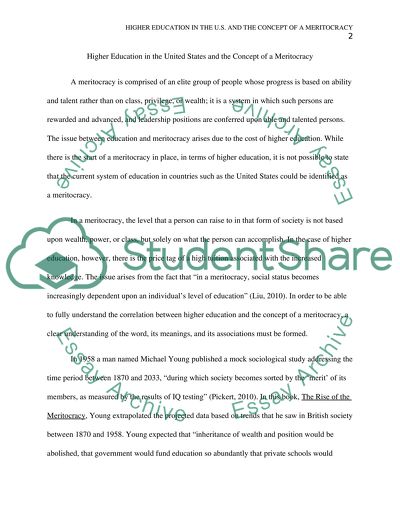Cite this document
(“Concept of a Meritocracy Research Paper Example | Topics and Well Written Essays - 2500 words”, n.d.)
Retrieved from https://studentshare.org/sociology/1468510-concept-of-a-meritocracy
Retrieved from https://studentshare.org/sociology/1468510-concept-of-a-meritocracy
(Concept of a Meritocracy Research Paper Example | Topics and Well Written Essays - 2500 Words)
https://studentshare.org/sociology/1468510-concept-of-a-meritocracy.
https://studentshare.org/sociology/1468510-concept-of-a-meritocracy.
“Concept of a Meritocracy Research Paper Example | Topics and Well Written Essays - 2500 Words”, n.d. https://studentshare.org/sociology/1468510-concept-of-a-meritocracy.


